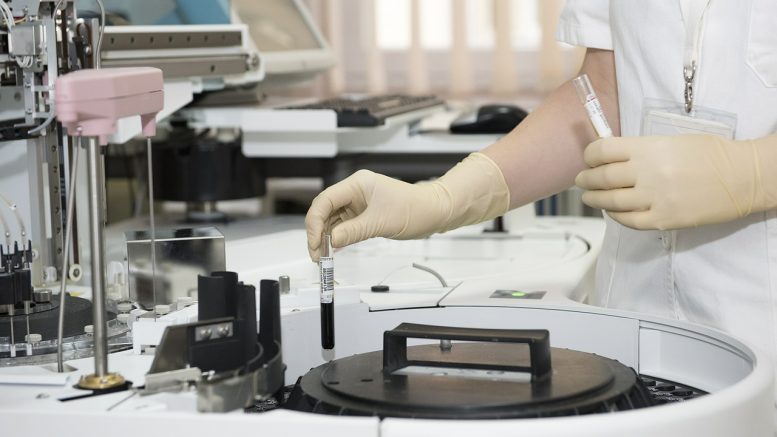On August 30, for the first time in history, the U.S. Food and Drug Administration (FDA) approved gene editing treatment for blood cancer patients up to 25 years old. The immunotherapy was developed by Novartis and was called CAR T-cell therapy or Kymriah for the U.S. market.
T-cell is a type of white blood cell, which allows a human’s body to fight back a huge amount of diseases. In a laboratory, specialists add chimeric antigen receptor (CAR) and infuse “tweaked” cells back to patients’ bodies. After the altering, T-cells are able to find and kill cancer cells. As for now, Kymriah is approved for treatment of one specific blood cancer type that is called acute lymphoblastic leukemia (ALL).
CAR T-cell cancer treatment was developed about five years ago and was used as an experimental treatment for a six year old girl named Emily Whitehead. As her treatment was successful, a lot of clinical trials were conducted. Novartis was one of pharmaceutical companies that liked the idea of making a partnership with scientists and future developing and improvement of the product.
CAR T-cell for other types of cancer
As for now, T-cell therapy is limited only by blood cancer (leukemia), as it is the easiest to deliver, control and study T-cells and their activity after infusion in patient’s blood system. This will help to make it more effective and safe before pushing forward and applying it for different cancer types in some other parts of patients’ bodies.
Scientists also need to discover how is it possible to deliver altered T-cells to solid tumors, where the blood stream is minimal and infusion may not work. Other cases, like brain cancer also have their own, specific restrictions.
Any side effects?
Like any other treatment, CAR T-cell therapy has its side effects. The most dangerous one is an immune response from patient’s body.
Common cancer treatment affects only cancer cells and stop working with time when it leaves a patient’s body. All the immunotherapies target patients’ immune systems and help to fight the cancer. However, if there is any dangerous side effect, doctors can simply stop to give a drug to a patient and avoid any serious consequences.
Unlike any other treatment, T-cell therapy cannot be stopped as quickly as it possible during a regular treatment. Plus, modified T-cells may highly increase body temperature and cause fever as well as an increase of proteins involved in inflammation.
High body temperature is normal when the immune system meets any infection and can be easily controlled if it is too high, and there is no any effect from it. However, T-cell therapy is not the case and now scientists are looking for ways of controlling the immune system response.
Is it expensive?
The price tag for a treatment course with Kymriah is $475,000 and some people considered it to be too high, despite the fact that this is an innovative and effective treatment for leukemia. This price is even lower than analytics expected. It was predicted to be at about $700,000 for a single dose of the drug.
It is hard to predict if this new therapy will be successful and bring Novartis high profits, since there are about 3,100 cases of ALL each year in the U.S. and most of patients cannot afford the treatment even with a lower price tag.
There is still a change to see lower prices for T-cell therapy since an advocate agency called “Patients for Affordable Drugs” launched a program with demand to Novartis to review their price for Kymriah.
Despite its price, restrictions and unknown outcomes for patients with other types of cancer, Kymriah presents a brand new paradigm in treatment of not only patients with cancer, but all other patients with any disease.





Be the first to comment on "CAR T-cell treatment approved by FDA"